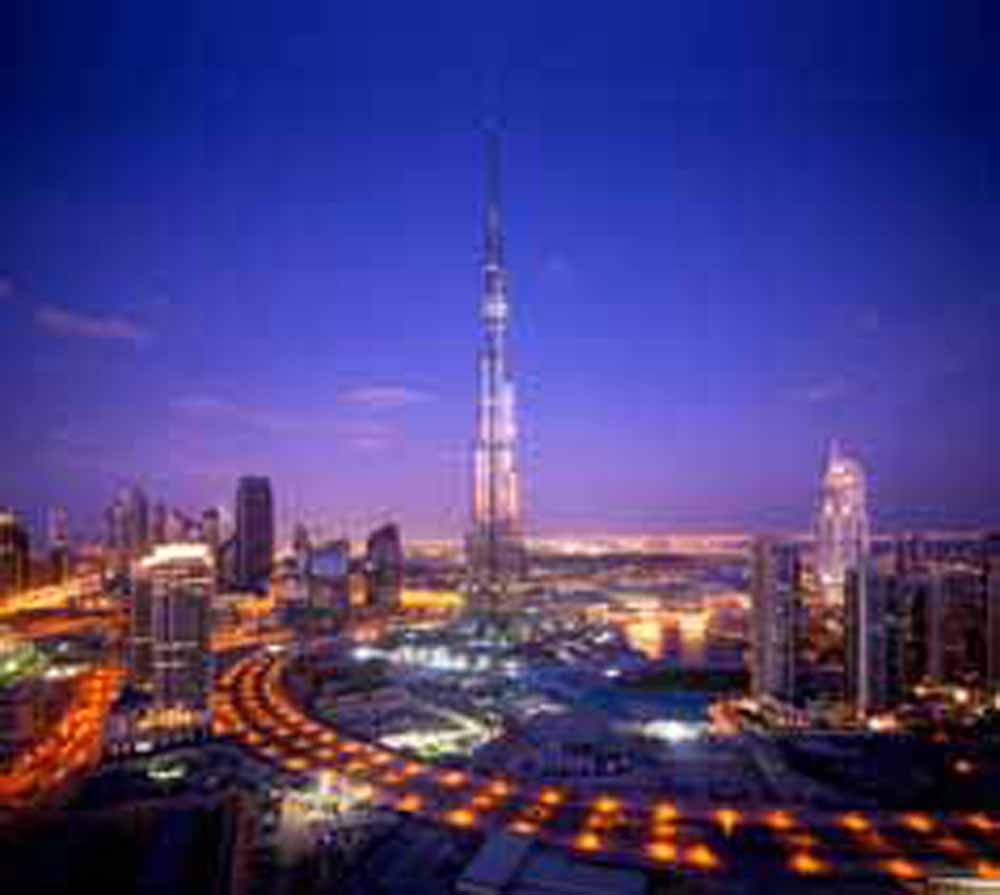UAE ranked among top 10 in government efficiency and economic performance
By viji Thursday, 28 May 2015 11:45 AM

Dubai: The UAE is once again ranked among top 10 countries globally in a number of parameters in the world competitiveness ranking such as government efficiency and economic performance as the country was ranked 12 overall, globally.
IMD, a top-ranked global business school in Switzerland and Singapore, on Wednesday announced its annual world competitiveness ranking. As part of its ranking of 61 economies for 2015, the IMD World Competitiveness Centre looks at several aspects of each country as a place to conduct business.
The USA remains at the top of the overall ranking as a result of its strong business efficiency and financial sector, its innovation drive and the effectiveness of its infrastructure.
The UAE’s overall global competitiveness ranking at 12 is ahead of countries such as Qatar, Ireland, the Netherlands and Malaysia. In the Middle East region, the UAE was ranked top in the overall ranking ahead of Qatar which came close at 13th position in the overall world ranking.
“A general analysis of the 2015 ranking shows that top countries are going back to the basics,” said Professor Arturo Bris, Director of the IMD World Competitiveness Center. “Productivity and efficiency are in the driver’s seat of the competitiveness wagon. Companies in those countries are increasing their efforts to minimise their environmental impact and provide a strong organizational structure for workforces to thrive.”
In global efficiency matrices, both in terms of government efficiency and business efficiency, the UAE continued to perform well. The country came third globally in government efficiency ranking ahead of countries such as Canada, Norway, New Zealand, Switzerland and Qatar. Hong Kong and Singapore were the two territory/country that were ranked above, the UAE which was ranked top in government efficiency last year. In business efficiency, the country was ranked 18th globally.
Mixed results
In the global ranking of economic performance measured as macro economic evaluation of the domestic economy, the UAE was ranked 7th ahead of countries such as Germany, Hong Kong and Canada in top ten ranking.
Region-wise, results were mixed. In Asia many countries saw a dip in their overall competitiveness rankings. While Malaysia’s ranking fell from 12 to 14, Japan’s declined from 21 to 27, Thailand from 29 to 30 and Indonesia from 37 to 42. But a few countries defied the trend included Taiwan which moved in ranking from 13 last year to 11 this year, Republic of Korea from 6 to 25 and the Philippines 42 to 41. Most Asian economies in decline have seen a drop in their domestic economies and were impacted by weakening and or ageing infrastructure.
In Eastern Europe too, results were mixed with countries such as Poland (36 to 33), the Czech Republic (33 to 29) and Slovenia (55 to 49) move up in the ranking while Baltic States, Estonia (30 to 31) and Latvia (35 to 43) slipping in the overall competitiveness ranking.
Among large emerging economies, Brazil (54 to 56) and South Africa (52 to 53) were down in their rankings while China (23 to 22) and Mexico (41 to 39) experience improvements and India’s ranking remained unchanged at 44. This trend showed the difficulty in grouping emerging markets in one category, as the issues impacting their competitiveness differ. China’s slight increase stems from improvements in education and public expenditure, whereas Brazil suffers from a drop in domestic economy and less optimistic executive opinions




























Add new comment